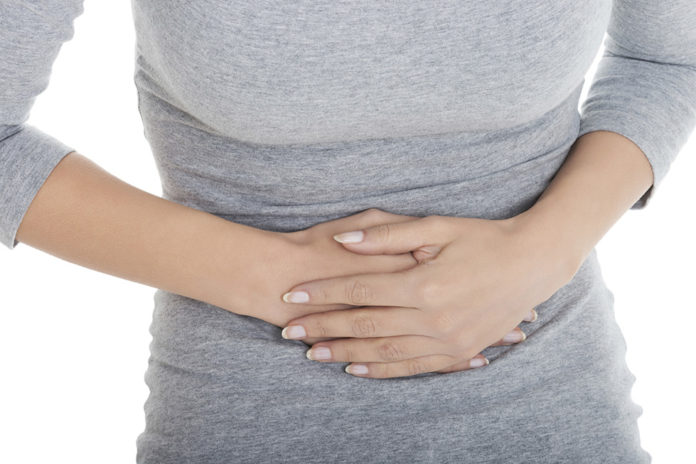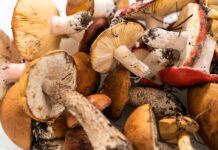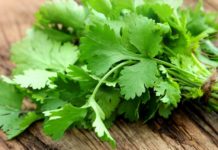
The holiday season can be tough on your digestive health. Here’s how to keep yours in top order so that you can look and feel your best.
By Dr. Joyce Johnson ND
For many people, the holiday season brings a combination of excitement and apprehension. Ironically, the festive time of year can be very stressful, and this can wreak havoc on your digestive system. It’s not uncommon for some people to feel overwhelmed by the level of social activities and other demands on their lives during this time of year. Holiday stress, triggered by mall shopping, cooking, cleaning, travel, and family conflict, can cause upset stomach and heartburn. On top of that, many people cope with stress by overeating and drinking too much. However, there are natural ways that you can gracefully deal with the pressures that present themselves and continue to have fun and stay healthy!
How does Stress Impact Digestion?
Digestion is controlled by the enteric nervous system, a system composed of hundreds of millions of nerves that communicate with the central nervous system. The gut is called the little brain — it’s the largest area of nerves outside the brain. When the body’s “flight or fight” response is activated by stressors digestion may shut down as your body’s central nervous system prepares to tackle the stressor. The release of stress hormones can also cause changes in the digestive system, like sudden lack or increase in appetite, heartburn, nausea and stomach pains. Stress may also result in inflammation of the gastrointestinal system, making you more susceptible to infection.
The Gut-Brain Connection
Any changes in our emotional state, such as feeling nervous or anxious, can lead to problems in the gut. Have you ever had to do a big presentation or take a test and had heartburn or diarrhea as a result? This is the brain and the gut communicating. These effects can be seen in the other direction too – it’s a two-way street!
Physical Signs of Stress in your Digestive System
Alterations in our gut flora and changes in our intestinal permeability can affect our mental state, possibly resulting in depression and anxiety. Indigestion can also be caused by stress. Stress can cause your esophagus to go into spasms. This can increase the acid in your stomach causing indigestion. Stress can also cause your stomach to become nauseous and may cause your colon to react in a way that gives you diarrhea or constipation.
In addition, the stress response may cause a number of detrimental events in your gut, including:
❯ Decreased nutrient absorption
❯ Decreased blood flow to your digestive system
❯ Decreased enzymes in your gut
Natural Therapies to Aid Digestion and Combat Stress
Here’s how simple changes in your diet and lifestyle can help manage your digestion issues:
Nutritional Changes
❯ Consume a diet rich in fruits, vegetables, and whole grains. Eating foods that are bad for your digestion can be a cause of stress. Don’t deal with stress by overeating or binging on junk food. Avoid excessive sugar, fat and alcohol.
❯ Eat slowly and chew your food. Eating too fast makes you swallow gas, which can contribute to bloating and gas.
❯ Eat consciously. During the holidays you will be surrounded by treats. Be aware of when you’re eating them and do not dip your hand absent-mindedly into every bowl of candy you come across!
❯ Eat your final big meal at least three hours before bedtime. You don’t digest very well when sleeping.
❯ Don’t avoid all carbs. Eat some carbs, such as whole-wheat crackers or bread because carbohydrates simulate the release of brain chemicals that promote relaxation.
❯ Go easy on the caffeine as it can make you feel high-strung and more likely to snap. Peppermint and chamomile teas are excellent stomach soothers and a great alternative to coffee.
Lifestyle Digestion Aids
❯ Relaxation therapies such as yoga, meditation, progressive muscle relaxation, and listening to music may prove beneficial.
❯ Move your body and make sure that you’re not sitting too much immediately after dinner. You’re bound to get heartburn and acid reflux if you do. Instead, go out for a short walk.
❯ Exercise is a great way to manage stress and maintain healthy digestion. Being physically active may relieve tension and improve your mood.
❯ Don’t take on more than you can handle — say no when you need to.
❯ Prioritize your responsibilities.
❯ Put problems in perspective, and stay positive about the good things in your life.
Beneficial Supplements
❯ Probiotics contain live, healthy bacterial cultures that normally inhabit the digestive tract.
❯ Digestive Enzymes contain essential enzymes to help break down food properly.
❯ Peppermint oil soothes intestinal muscle spasms and helps prevent nausea.
❯ Apple cider vinegar, taken 15 minutes prior to eating, encourages the digestive processes and makes sure there are optimal levels of digestive enzymes.
❯ Ginger tea, ginger candies, or ginger capsules help with calming the stomach and improving digestion.
❯ Deglycyrrhizinated licorice (DGL) protects the lining of the stomach and esophagus from irritation by acid.
❯ Adaptogens strengthen the body’s response to stress and enhance its ability to cope with anxiety and fight fatigue. Examples: Asian Ginseng, Eleutherococcus, Ashwaghanda, Rhodiola Rosea, and Maca.
❯ B and D vitamins help to provide the body with energy during stressful times.











